
A stakeholders' workshop to evaluate a Baseline survey on the Far Ban Bo Project has taken place in Accra.
Far Ban Bo, is an expression in Fante language, which means 'Protecting fisheries livelihoods'; and the project is a four-year EU-funded fisheries governance project being implemented by a consortium of three--CARE (the lead), Friends of the Nation (FoN) and OXFAM-- in collaboration with key fishery stakeholders, smallholder fishery associations and the Fisheries Commission.
The Far Ban Bo project is designed to address the challenges of overfishing and unsustainable fishing, including Illegal, Unreported and Unregulated (IUU) fishing, low compliance and weak capacity for law enforcement within the sector.
The project, which targets coastal fishing communities in 30 districts in the Western, Central, and Greater Accra Regions, will focus on tenure rights security for fish landing sites and pilot mechanism for grievance and dispute resolution among the fisher groups.
The overall objective of the project, therefore, is to contribute to sustainable fisheries management and to improve food security and nutrition, and the livelihood of smallholder fishers and other users of fisheries resources-- with emphasis on improved fisheries governance.
As part of the workshop, an Evaluation Report of a Baseline Survey on the Far Ban Bo Project was launched.
The report aims to provide an understanding of various indicator values as identified prior to the implementation of the project.
Specifically, the report captured information on knowledge gaps on IUU fishing, the Voluntary Guidelines on the Responsible Governance of Tenure (VGGT) and national and international fisheries policies and regulations as well as the communication capacities of different target groups and the social and economic safeguards programmes in fishing communities.
It also captured information on organizational capacities of the fisheries associations in active fisheries governance.
The survey reveals that scientific evidence indicates a gradual decrease in the stocks of fish within Ghana's fisheries waters due to increasing fishing efforts, while the Sustainable Fisheries Management Project (SFMP) Fish Stock Report, 2016 reveals that total landings have been in sharp decline since 2000, reaching their lowest level in 2015 at 19,608 tonnes, representing 14% of the highest recorded landings of 1996 (138,955 tonnes).
The Report identifies a number of factors attributable to the decline in the fish stock by the respondents, notable among which were over fishing by the smallholder fishers as a result of increased numbers of fisher folks, activities of oil exploration, climate change, activities of pair trawling vessels and foreign vessels and the use of chemicals and light for fishing.
According to the Report, the average zero catch (vessel spending more than 20 hours searching for fish and returning with no catch) has increased while preliminary estimates show more than 25% of vessels in Tema returning to harbour without any catch and fishing communities in Axim, Dixcove, Shama, Anomabo, Apam and Winneba reporting that oil exploration activities have contributed to zero catch and the decline in fish stock landed.
In a statement, Mr Kyei Yamoah, Project Manager, Friends of the Nation (FON) explained that after a year of project implementation, it was necessary to evaluate project performance.
Mr Yamoah disclosed that the Project had, so far, established five IUU Monitoring Committees to identify, monitor and document IUU issues at the community level.
He said the Project team participated in the 5th and 6th Capitalization Meetings of the European Union Transversal Project in Ethiopia, where the team ensured that Fisheries became a permanent feature on the agenda of the meetings.
Welcoming participants to the workshop, Mr Kwame Mensah, Far Ban Bo Project Co-ordinator, urged fishers to play a leading role in the enforcement of the Fisheries Regulation and to lead the campaign against the use of irrational methods, including IUU fishing, of exploitation.
Source: ISD (G.D. Zaney, Esq.)
Read Full Story
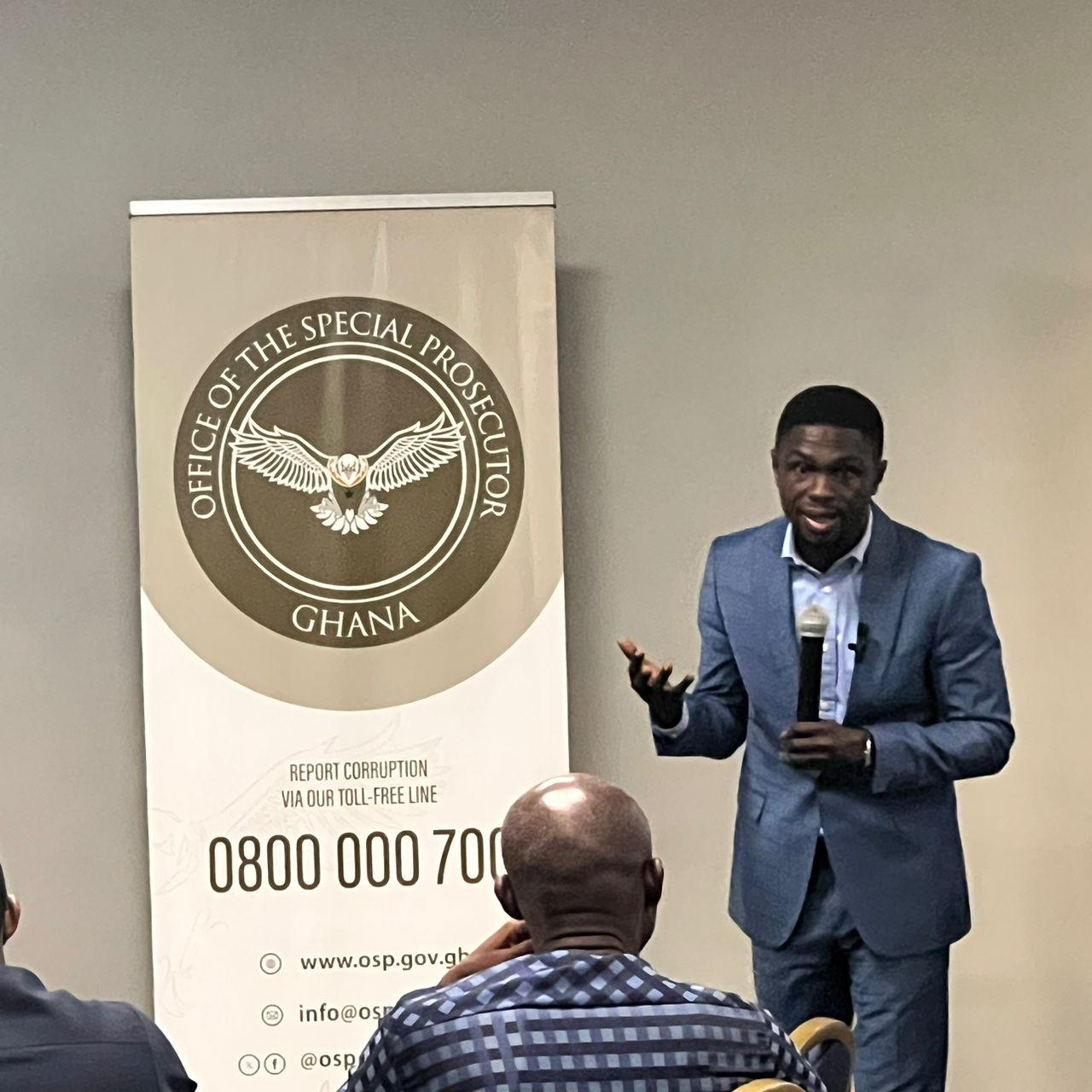


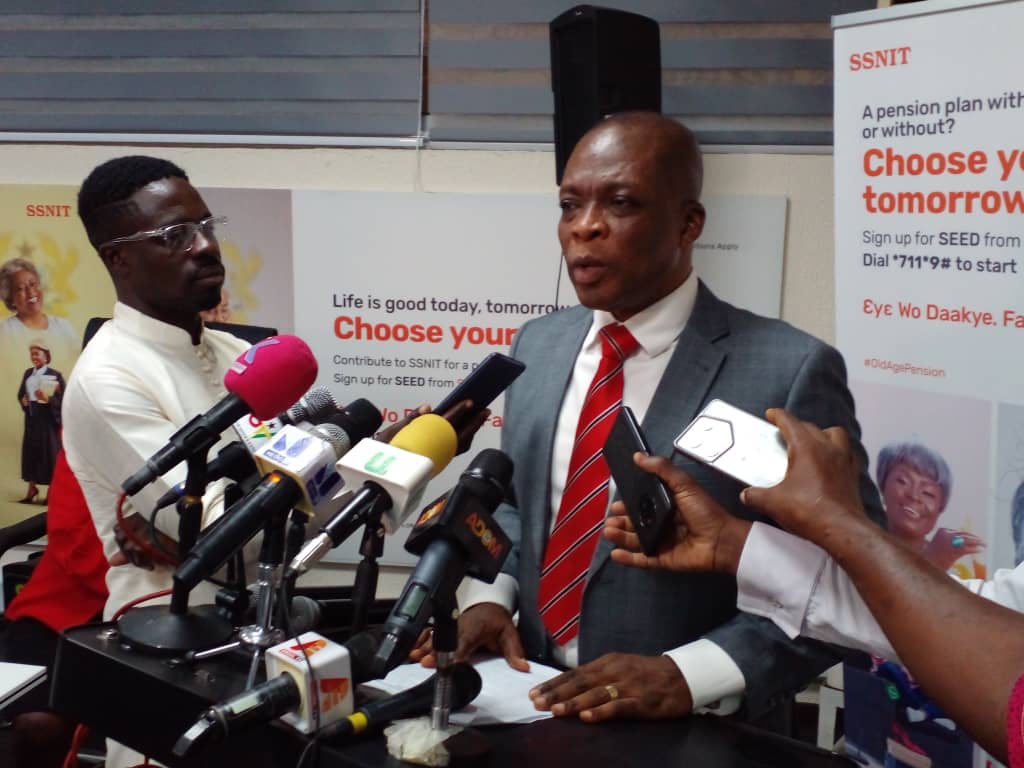







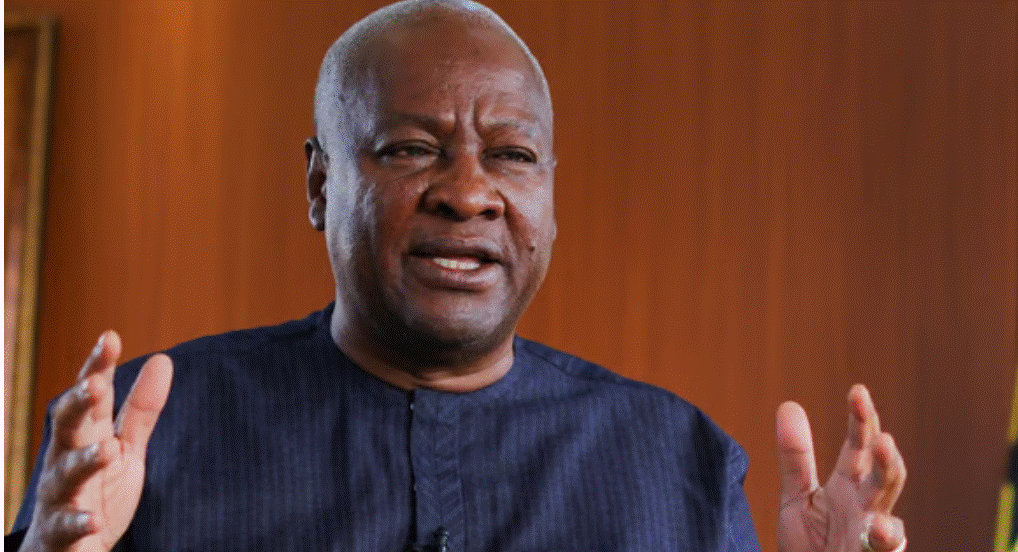
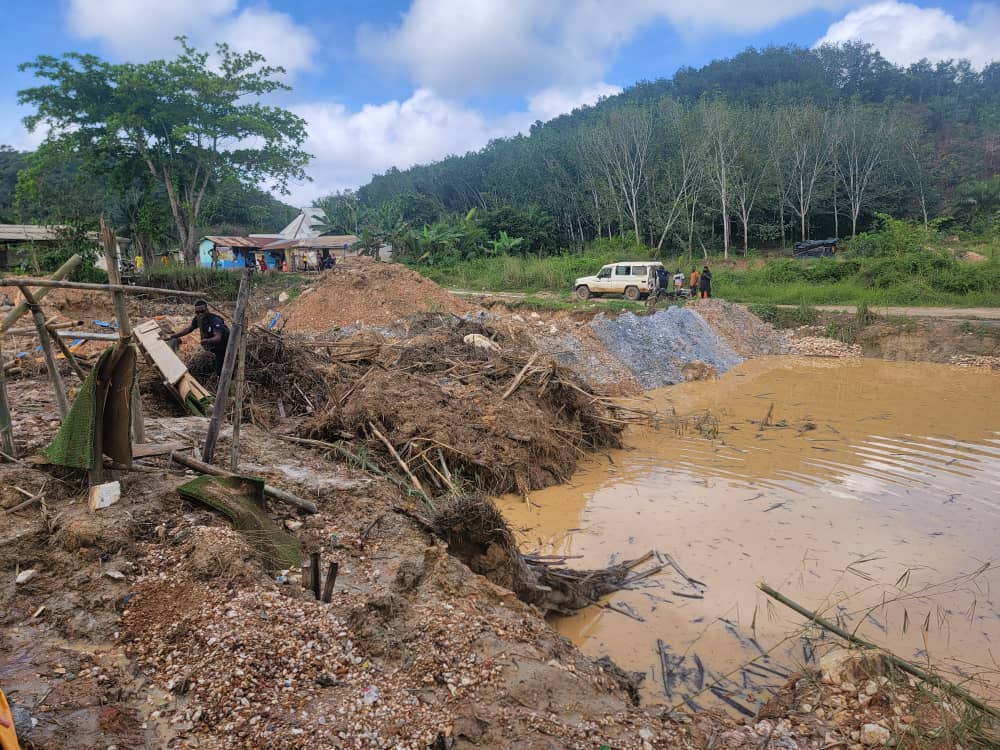


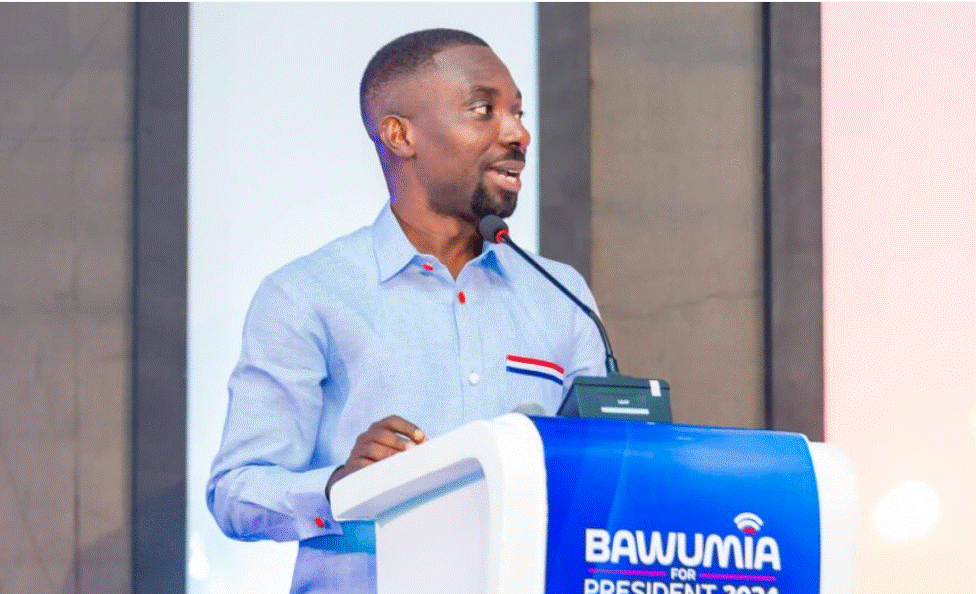


Facebook
Twitter
Pinterest
Instagram
Google+
YouTube
LinkedIn
RSS